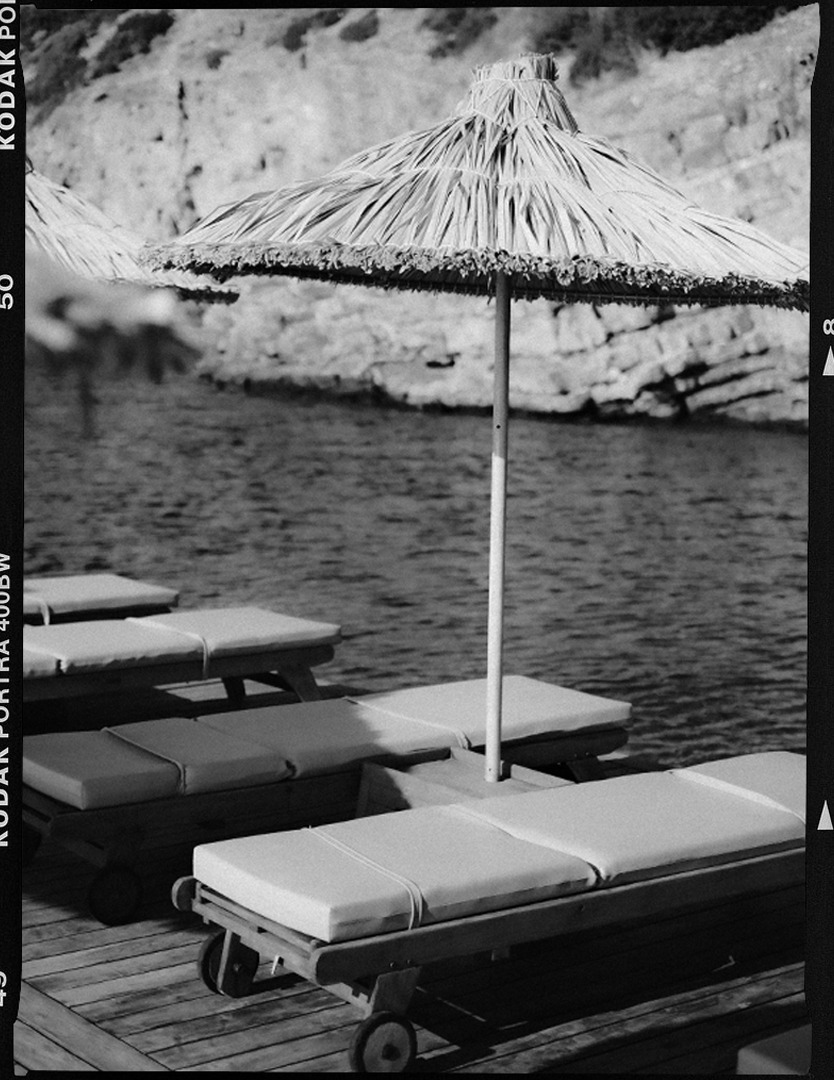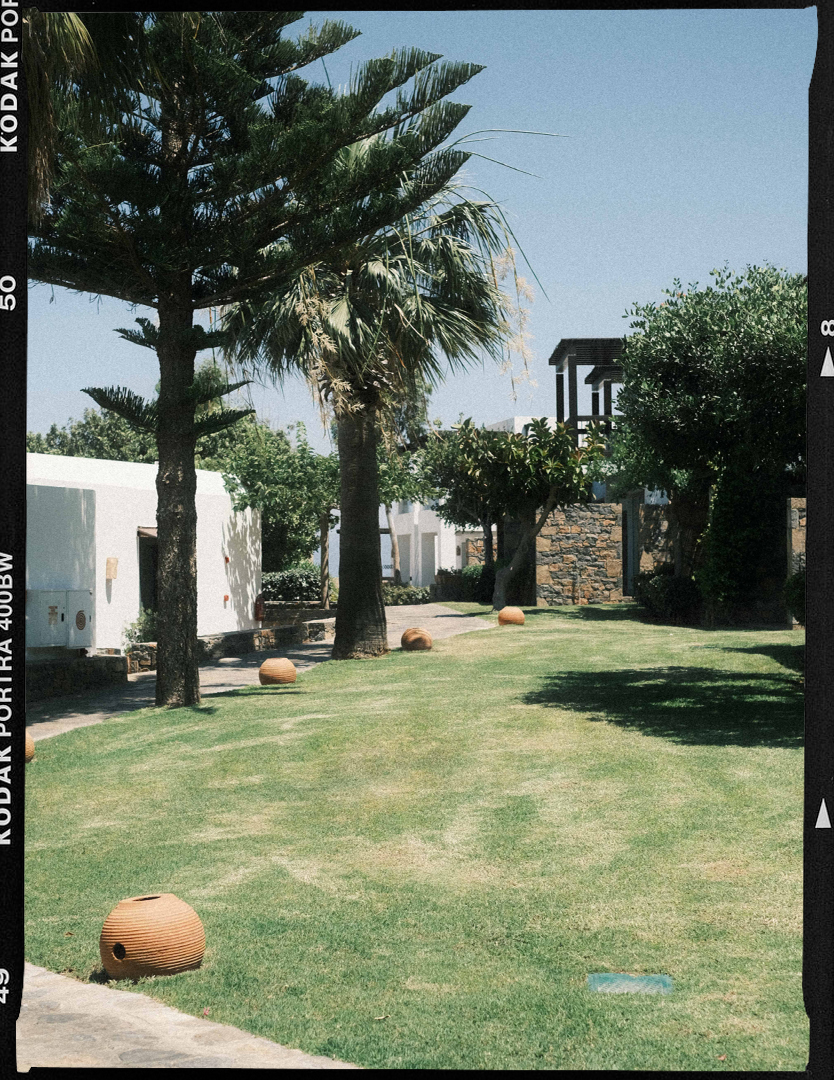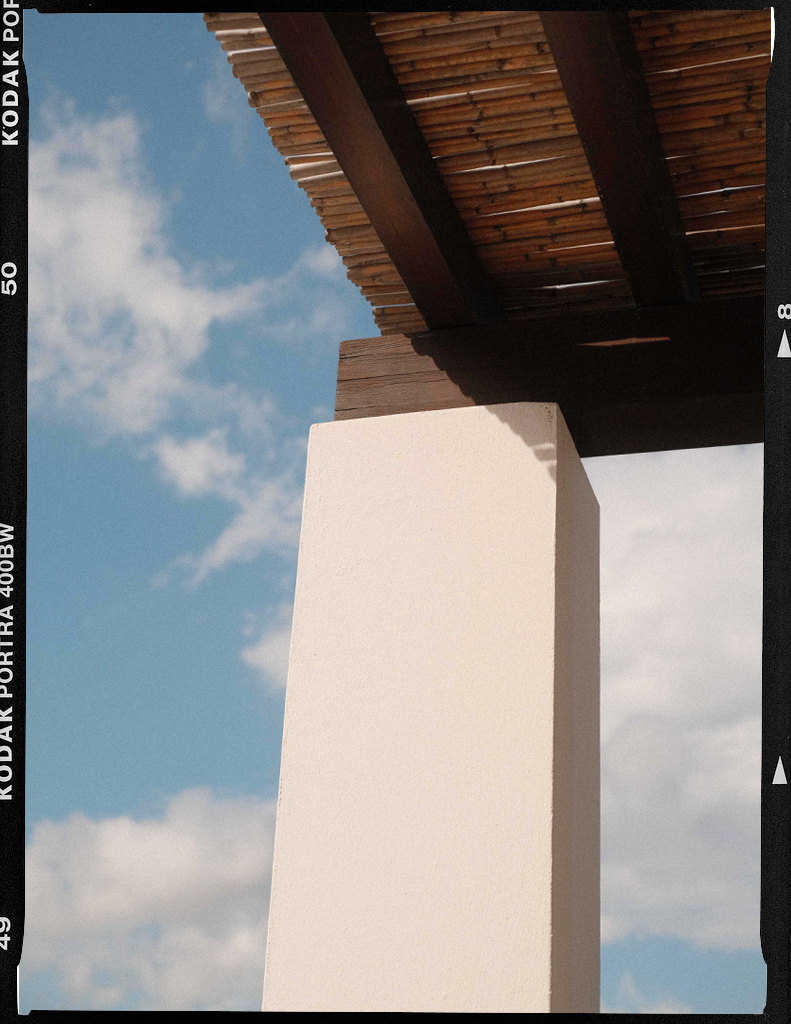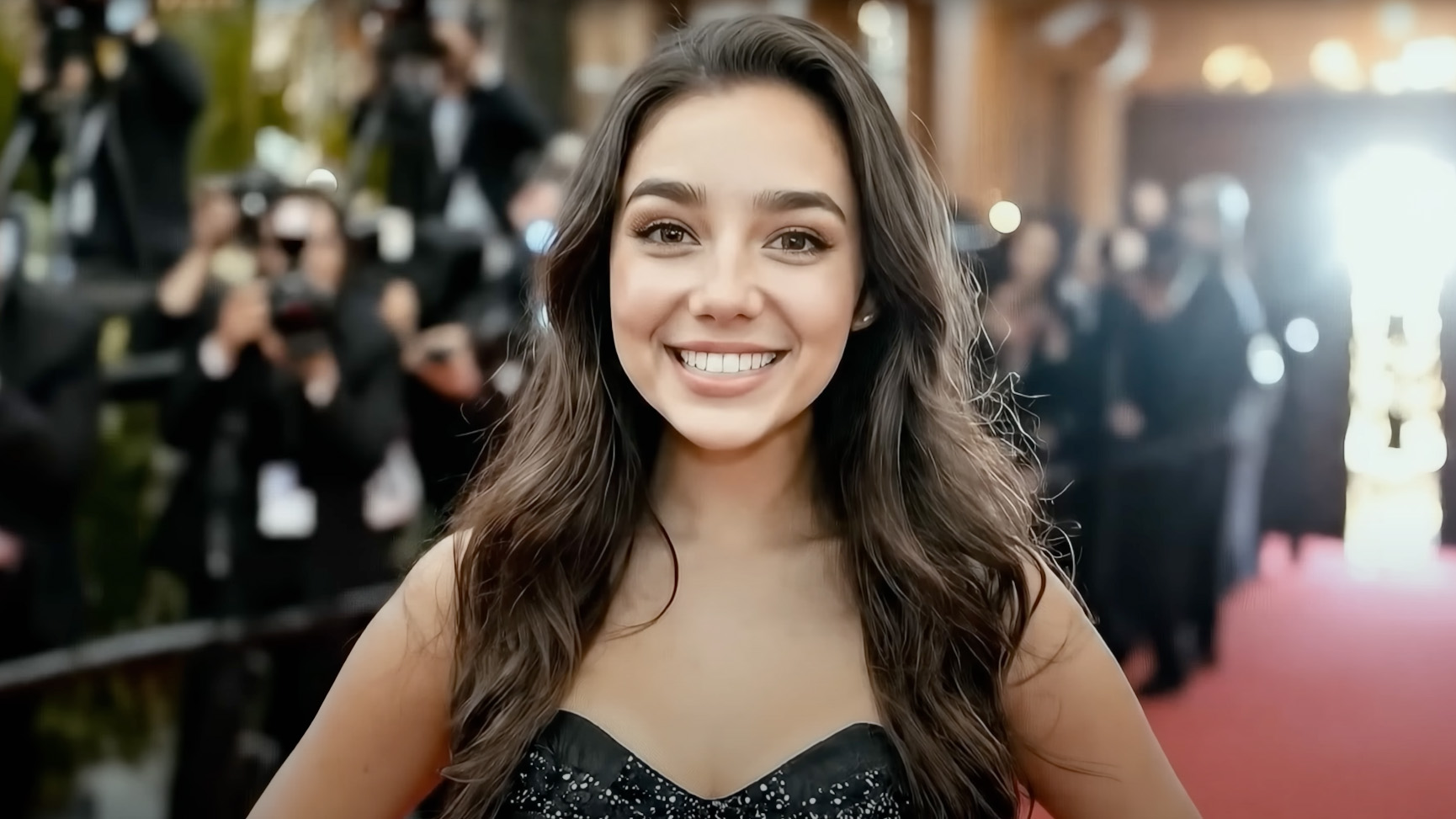Fujifilm custom film recipes have made me quit buying real film
Who needs all the expense of real film, when I have custom film recipes on my Fujifilm cameras?
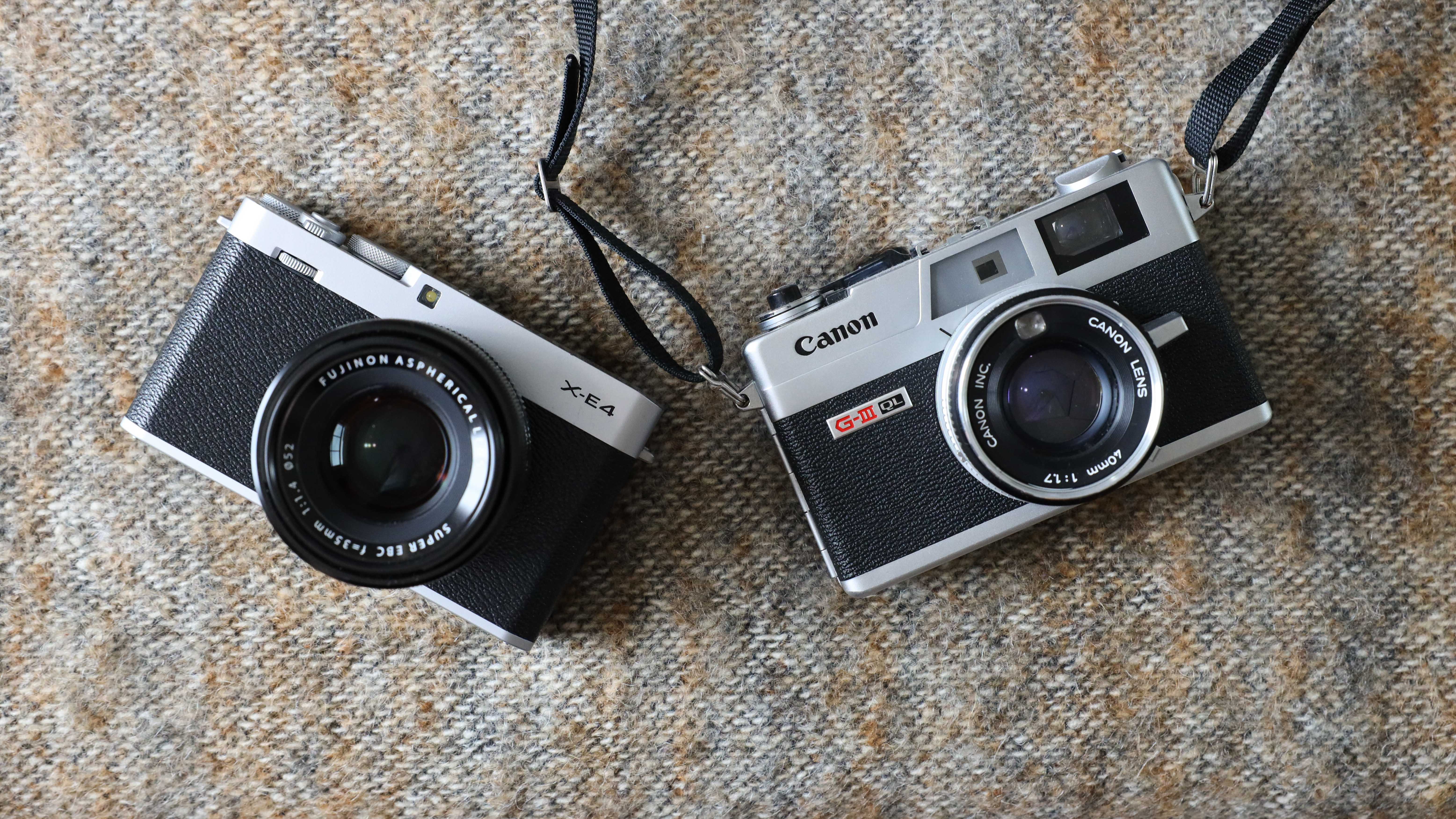
I have been a self-confessed film addict for years and, naturally, I hate anyone who claims they did something before it was cool, but here I go – I was into film before it got cool, and prices got unaffordable for anyone to shoot regularly who isn’t a trust-fund influencer.
However, my hefty box of films taking up half my fridge and endlessly annoying my partner has dwindled down to a few solitary rolls.
• Think digital can't replace analog? Check out the best film cameras
This is for two reasons: firstly because the majority of films are so hard to come by now, and many popular stocks have just been discontinued (looking at you, Fujifilm). Kodak Portra 400 seems to be finally making a comeback after being unavailable for months on end, but the rolls that are available I simply cannot afford to buy as part of a side hobby.
This price fluctuates often, but a 5-pack of Kodak Portra 400 35mm is currently $75 on Amazon (or £88 here in the UK). After you take into account development, and optional scanning and printing, that works out as quite a hefty price per image – and that's providing you are lucky enough that every image on the roll is a keeper. Even Kodak’s once dirt-cheap, buy-it-by-the-caseload ColorPlus is now $50 for a triple-pack of 36-exposure rolls.
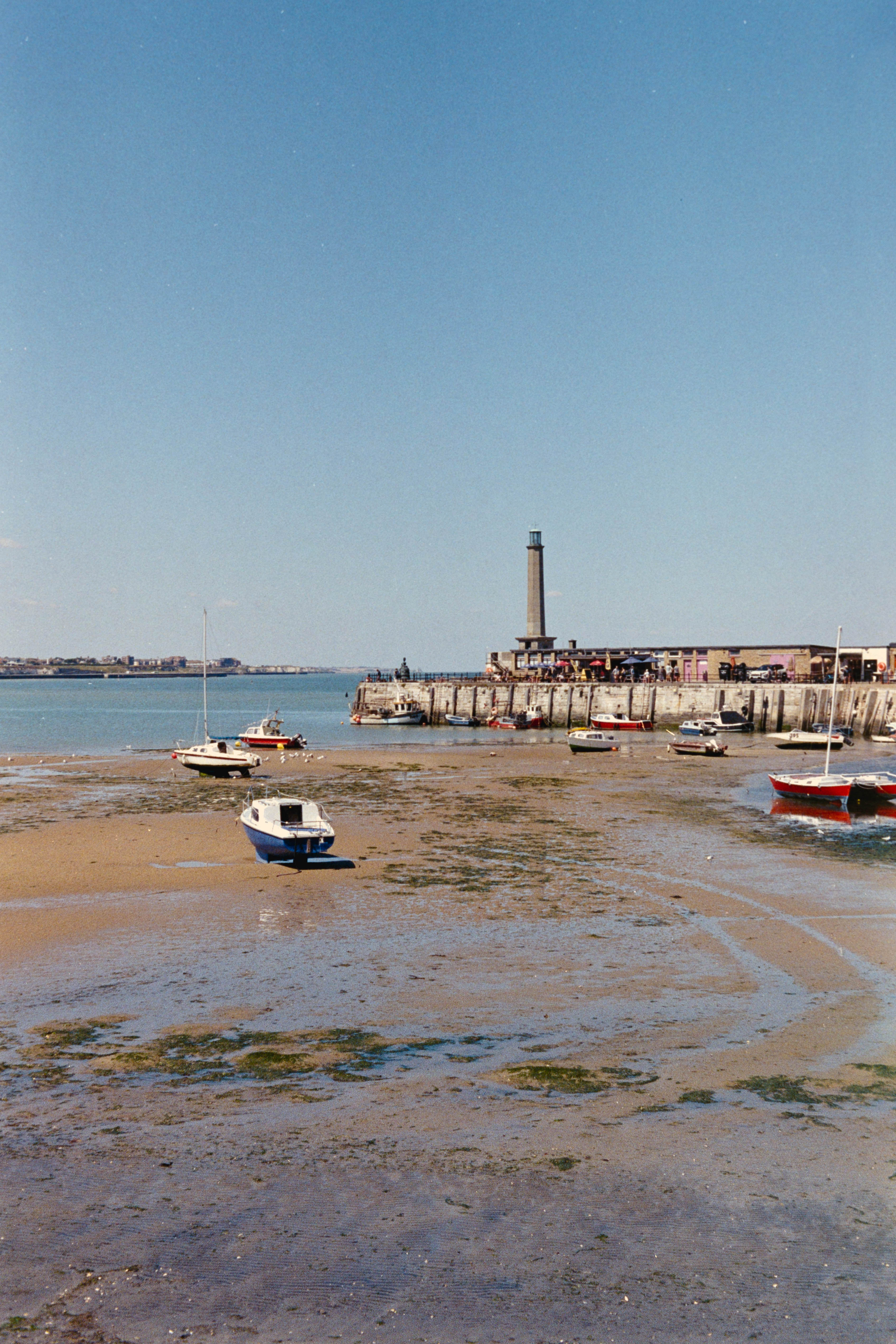
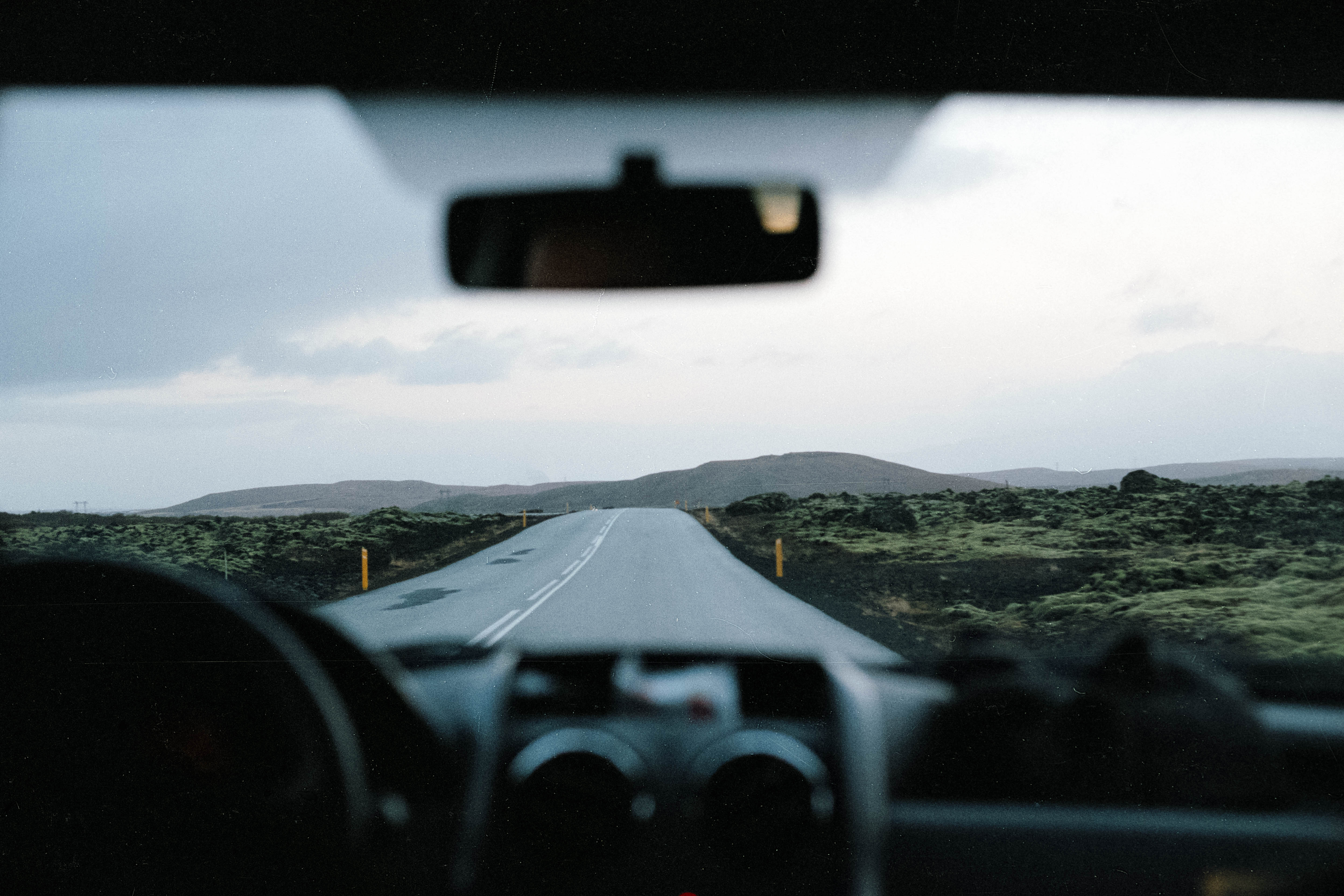
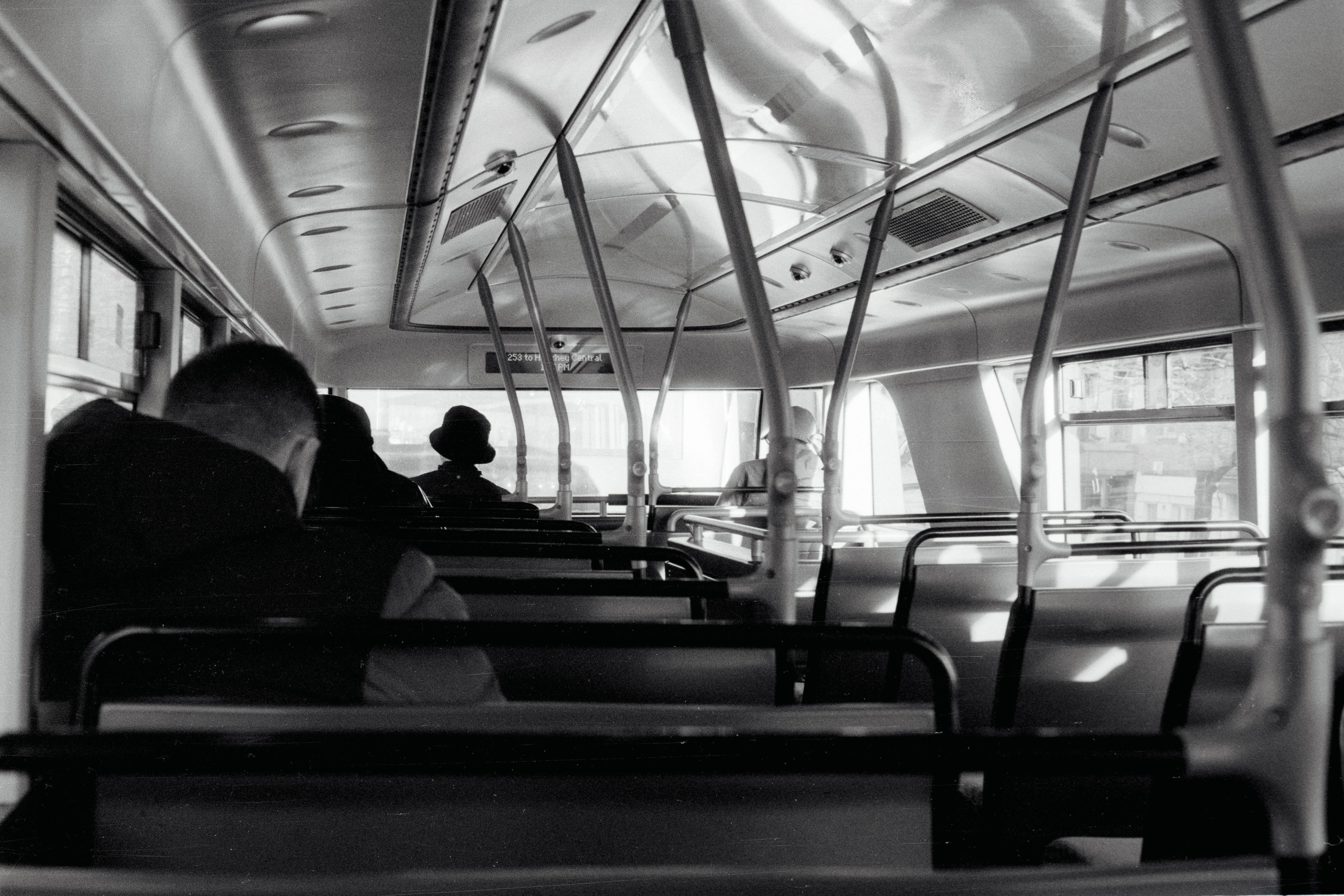
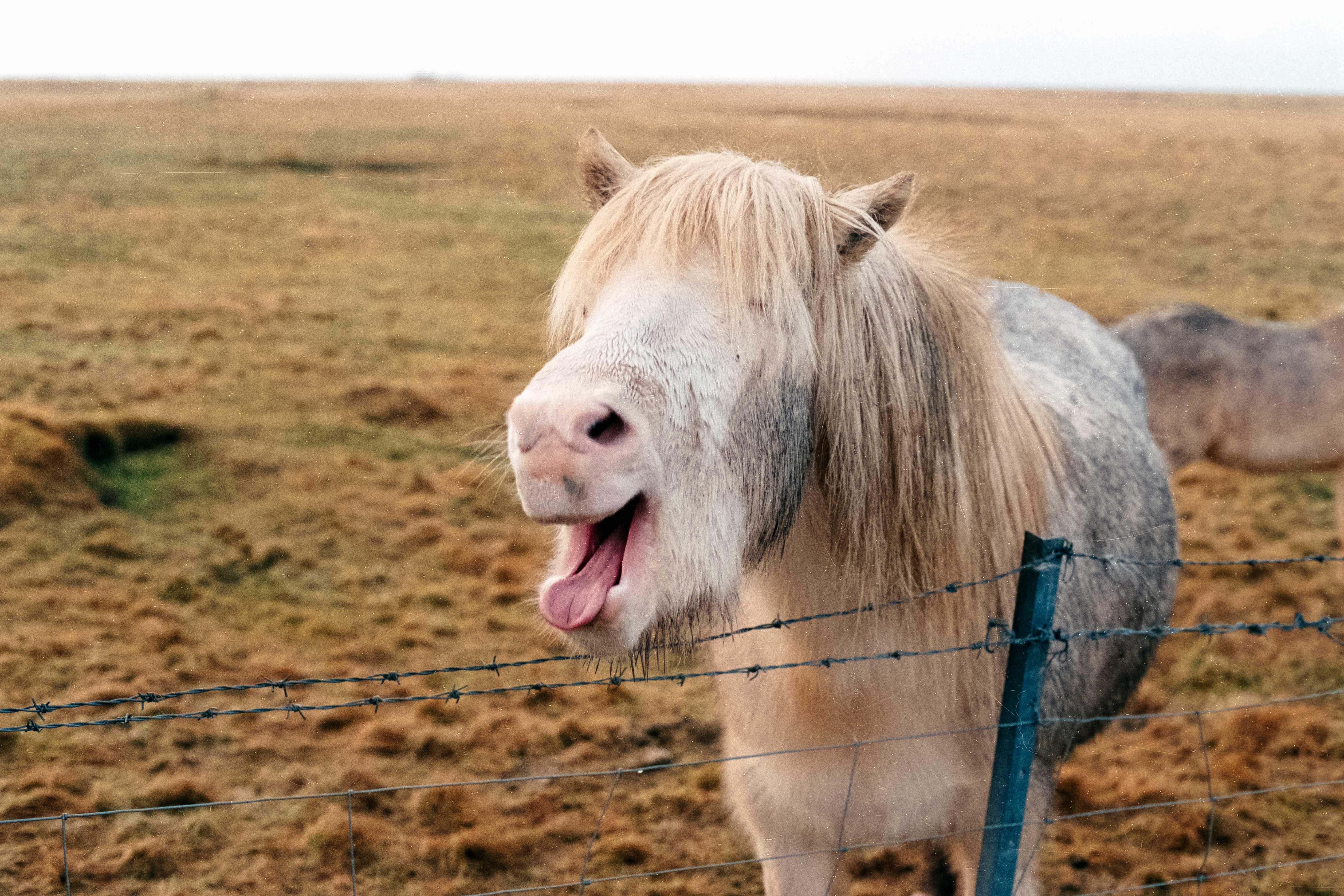
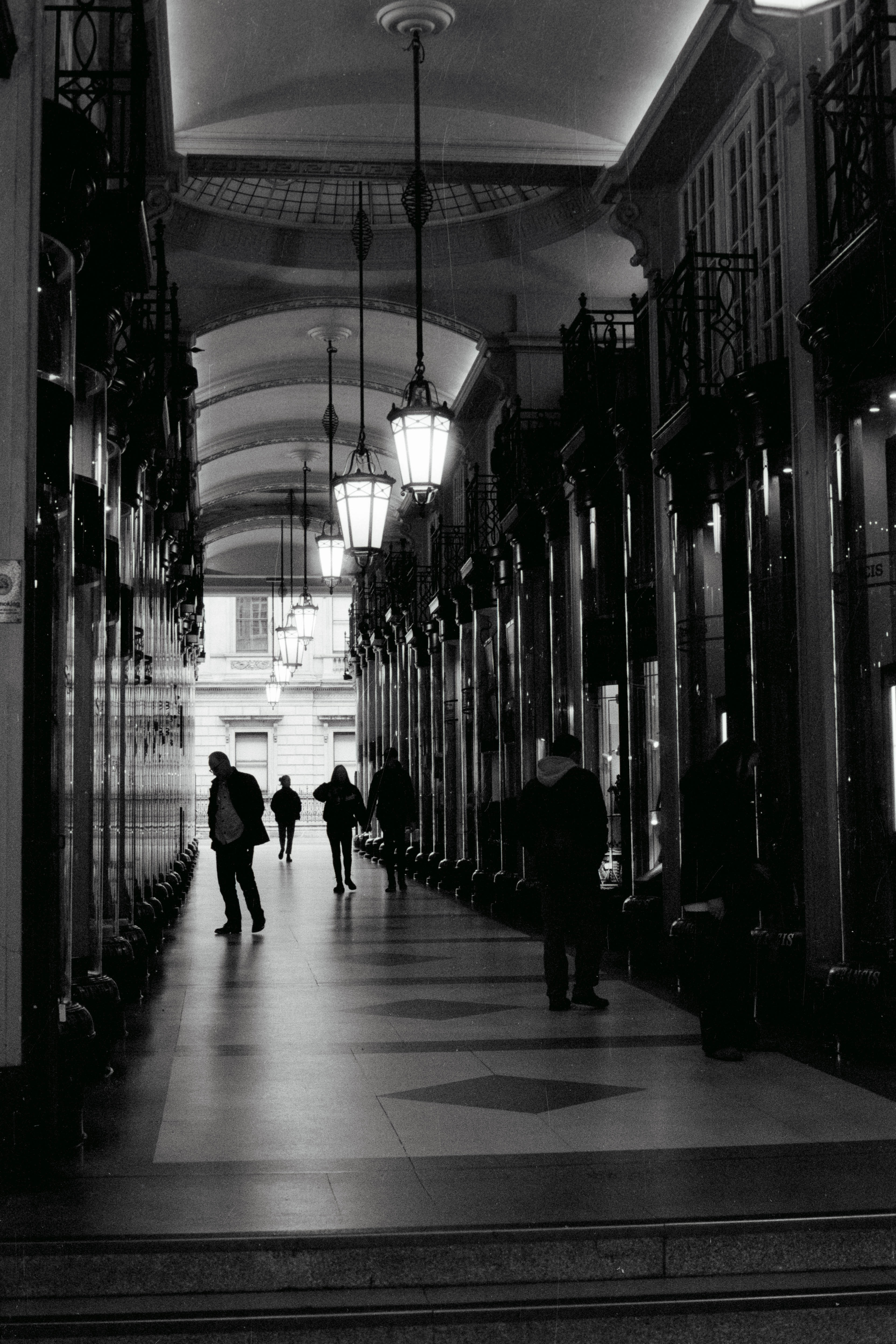
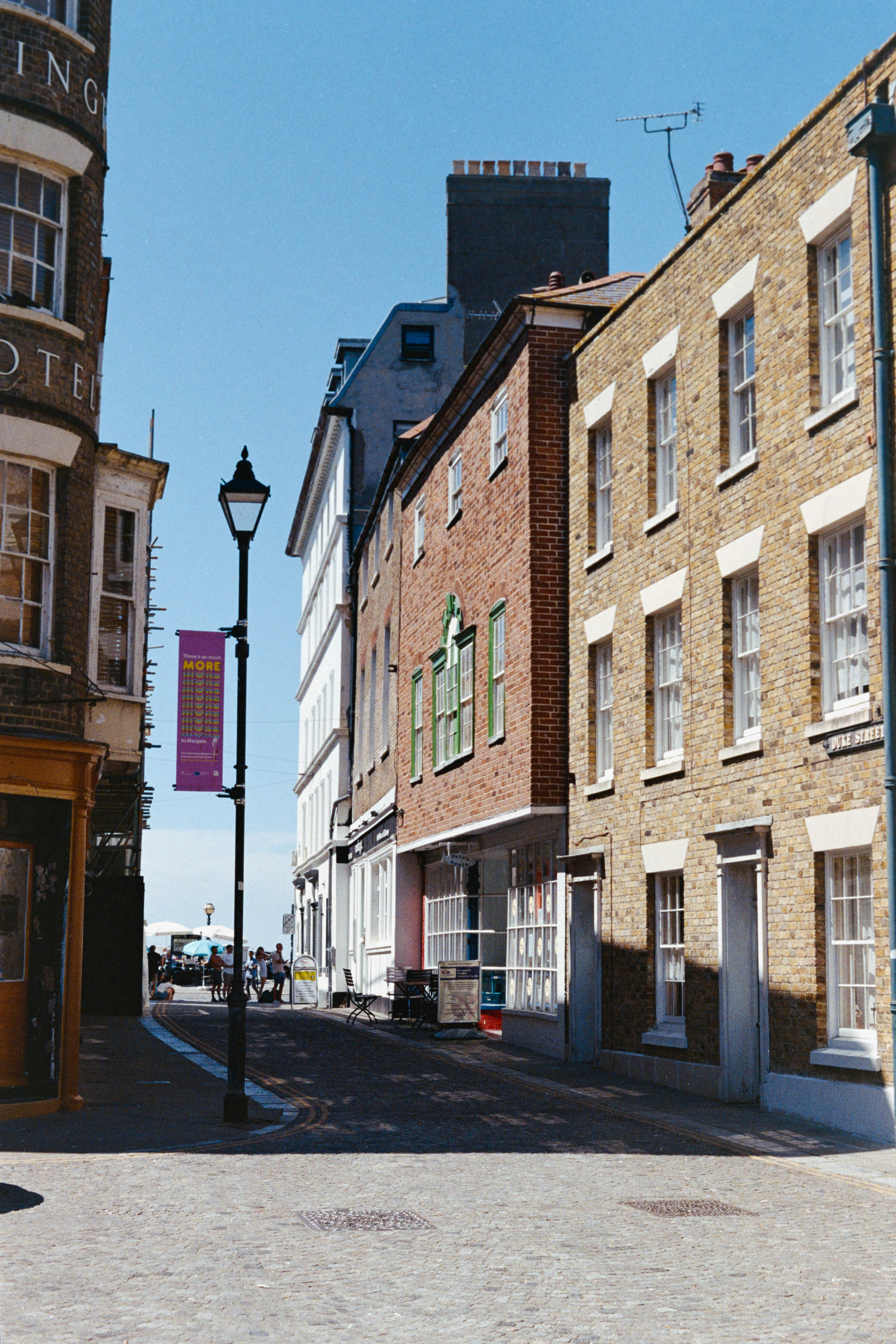
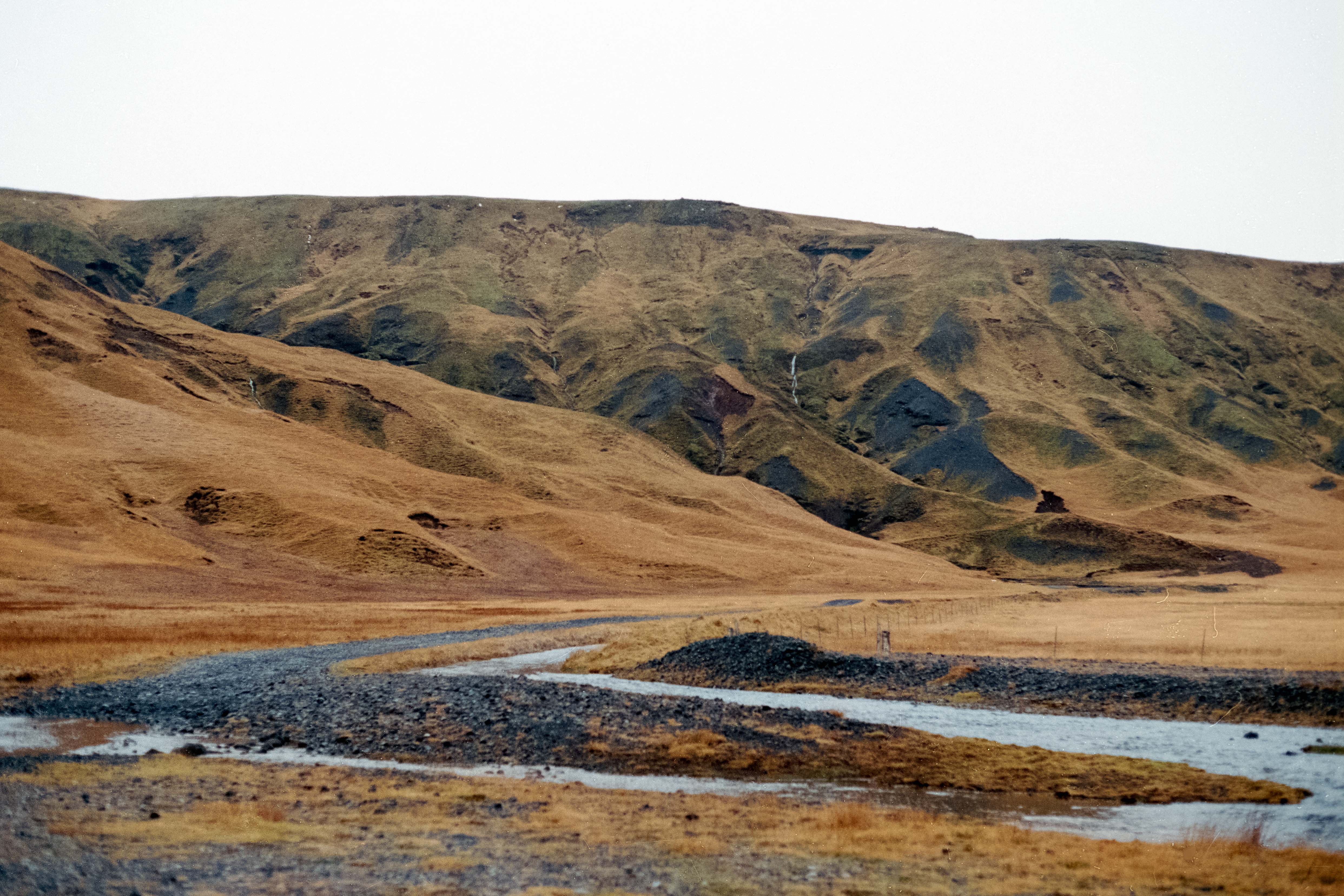
Above: selection of photos taken on various 35mm films
So what's a guy who loves film to do? Well, as someone who lives too much on social media, I saw endless photographers gush about how close custom film recipes on Fujifilm cameras can be to the real thing. Film purists are probably sharpening their pitchforks, and I was skeptical too, but I thought I would give it a go – and readers, it has changed my (photographic) life.
The best camera deals, reviews, product advice, and unmissable photography news, direct to your inbox!
The images out of the Fujifilm camera can't quite match up to the feel or atmosphere of real film. There is still a digital-ness to the images, a sharpness and clarity from years of Fujifilm actually trying to make the best digital images it can. But if you can look past that, then shooting with film recipes is a lot of fun, and you can add a fake film border in apps before posting to really complete the illusion.
To be clear, film recipes are not the same as Fujifilm's built-in film simulations. Film simulations are included in all Fujifilm cameras as a quick way to change the style of an image a little like a filter. The film simulations on Fujifilm cameras are incredible, but are just the tip of the iceberg in replicating film.
Film recipes can build on Fujifilm film simulations even further with tweaked colors, highlights or shadows, overexposure, and film grain that can all be combined to create some of the most convincing digital film photos straight out-of-camera I have seen.
Now sure, this can be achieved with Lightroom presets applied to a RAW photo, but there is no matching the simplicity of doing it all directly in-camera at the push of a button. I have also tried a lot of Lightroom presets, as well as making countless of my own, and I am convinced (well, at least convinced myself) that Fujifilm cameras can just do it better.
I love Fujfilm’s color science or the unique way its X-Trans sensors work to process digital noise. I am more pleased with the JPEGs from my Fujifilm X-T5 than the countless presets I have made (or paid money for) for Lightroom.
I wholeheartedly recommend checking out FujiX Weekly for the latest and greatest in film recipes. This isn’t a plug, I just really appreciate what they do. They have a huge archive to choose from, as well as having versions for different generations of Fujifilm camera sensors. And if you don't have a Fujifilm camera yet, then check out the best cameras below.
Take a look at the best Fujifilm cameras, along with the best Fujifilm lenses to use with them. And if you want to keep the analog dream alive, check out the best film for 35mm cameras!

Gareth is a photographer based in London, working as a freelance photographer and videographer for the past several years, having the privilege to shoot for some household names. With work focusing on fashion, portrait and lifestyle content creation, he has developed a range of skills covering everything from editorial shoots to social media videos. Outside of work, he has a personal passion for travel and nature photography, with a devotion to sustainability and environmental causes.
